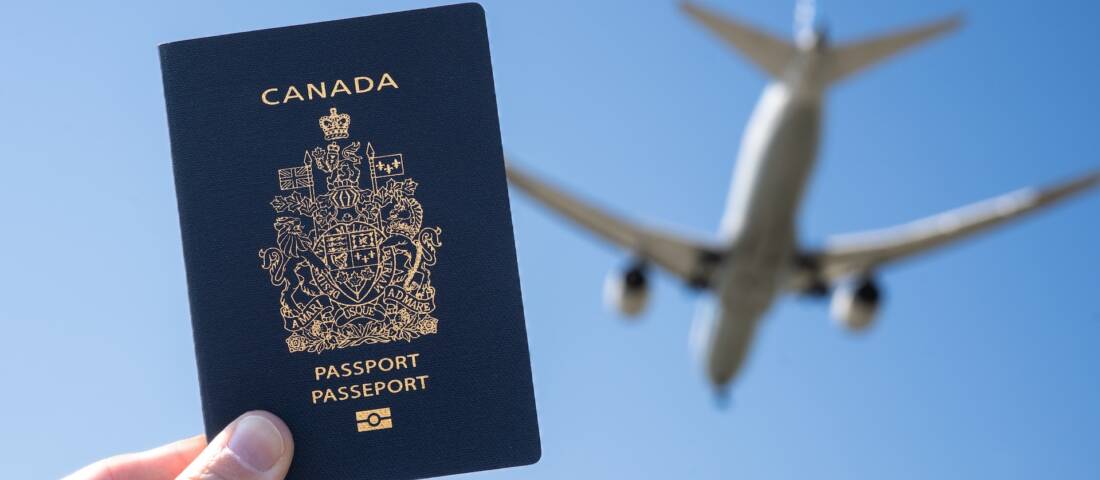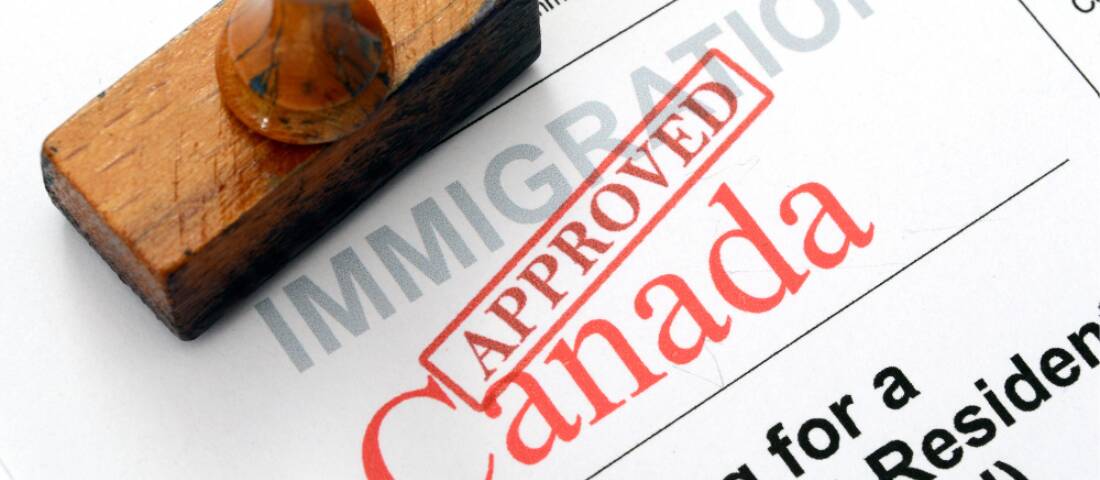A Temporary Resident Visa (TRV) is an official document placed in your passport that demonstrates to Canadian authorities that you have met the requirements for admission into Canada as a Visitor, Student or Worker. Canada requires citizens of certain countries to obtain a TRV before they can enter Canada. If you want to study or work in Canada, you will need to apply for that document through a separate application.
According to Immigration, Refugees and Citizenship Canada (IRCC), visitors are people who are not citizens or Permanent Residents of Canada, but may legally enter the country for the purpose of vacation/holiday, visiting family, or attending business meetings. A visitor is someone who has a fixed or restricted length of stay in Canada, and whose visit is subject to various conditions.
You should know that a TRV is not permission to work or study during a visit to Canada. Some temporary residents can take programs of study up to six months in length, but conditions vary.
If you are planning a visit to Canada, you must determine if you are a visitor and if your stay makes it necessary that you have a TRV. Consulting an expert in such matters is a smart first step. Note that you have to obtain a TRV before you leave your country of origin, as you will not be permitted entry into Canada without one, and a TRV is not issued at the port-of-entry.
Not all foreign nationals require a TRV, some people may be allowed to enter with an eTA or Electronic Travel Authorization (eTA).
The only exceptions to these rules (either needing an eTA or a TRV) are U.S. citizens who can show proper identification at the border.
How to Apply For a TRV
Some people outside of Canada will need to submit their application via a Visa Application Centre (VAC) in their country of residence (as opposed to using the online option). There are options to apply for a TRV online, which requires the use of a scanner or camera to convert your documents into electronic files and a credit card for payment of the application fees. Citizens of some countries are required to give their "biometrics" (fingerprints and photos) as part of the application process. The biometrics are collected only at a VAC, however, the fees for collecting the biometrics are paid online during the TRV application.
To qualify for a TRV, you must meet the following criteria:
- Provide proof you will leave Canada at the end of the approved stay
- Provide proof you have the financial means to maintain your family or self, and return home
- Prove you will not work or study without authorization
- Provide proof of no criminal record
- Prove you do not pose a security or safety risk to the Canadian public
- Have all of the required documentation
- Prove you are in good health and not a risk to the health of the Canadian public
These are issues that may have specific requirements. For example, you may have to complete a medical examination in order to apply. Again, if you have specific questions about your TRV, it is wise to consult experts to determine what requirements are in place for your country of origin.
IRCC has made a very useful checklist available online called the Document Checklist for a Temporary Resident Visa.
Once you have started to put together your documents, you must then find the visa office where your application will be processed. IRCC has a complete online list that shows you the locations and allows you to discover more about the entire process. The list of Canadian Visa Offices around the globe is found on the IRCC website.
Though not a very complex matter, it must be done properly and in a timely manner. There are no guarantees about how quickly your TRV application can be processed, and it is best to get started as soon as you learn you will travel to Canada.
Contact us today at (403) 452-9515 Ext. 100 or 1-800-932-1190 or email us directly.






